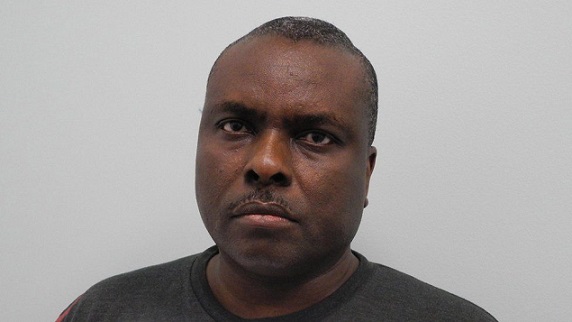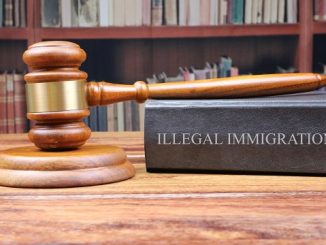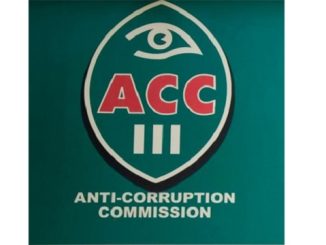
The UK has promised to return to Nigeria £4.2m ($5.8m) which was stolen by a former governor.
Former Delta State Governor James Ibori was convicted of money laundering in the UK in 2012.
He is thought to have stolen around £50m from the oil-rich state.
This is the first time that money recovered from criminals will be returned to Nigeria since an agreement was signed in 2016, the UK authorities say.
The UK and Nigerian governments signed an agreement on Tuesday that the £4.2m recovered by UK agencies would be sent back to Nigeria for infrastructure projects, including the Lagos to Ibadan Expressway, the Abuja to Kano road and the second Niger Bridge.
Who is James Ibori?
James Ibori went from petty thief to Nigerian state governor to convicted money launderer.
He went to the UK in the 1980s and worked as a cashier at a DIY store in London.
He was convicted in 1991 of stealing from the store but then returned to Nigeria and got involved in politics.
When he ran for Delta State governor, he lied about his date of birth to hide his UK conviction – which would have prevented him standing for office.
He became governor in 1999 and soon began taking money from state coffers. Delta State is the source of much of Nigeria’s oil.
Why did the British authorities convict him?
The British police began to take an interest in Ibori again in 2005 after they came across a purchase order for a private jet, made through his solicitor in London.
He evaded capture in Nigeria after a mob of supporters attacked police, but was eventually arrested in Dubai in 2010 and was extradited to the UK.
He was convicted on 10 counts of fraud worth a total of nearly £50m in 2012.
He was released in 2016 but was put straight into immigration detention.
The publication of the court judgement revealed a Home Office email which had recommended keeping him in immigration detention to buy time to work out how to recover at least £57m.
Once he was eventually released, he returned to Nigeria and sued the Home Office for unlawful detention.
He won the case but was awarded just £1 compensation.
Source: bbc.co.uk






Be the first to comment